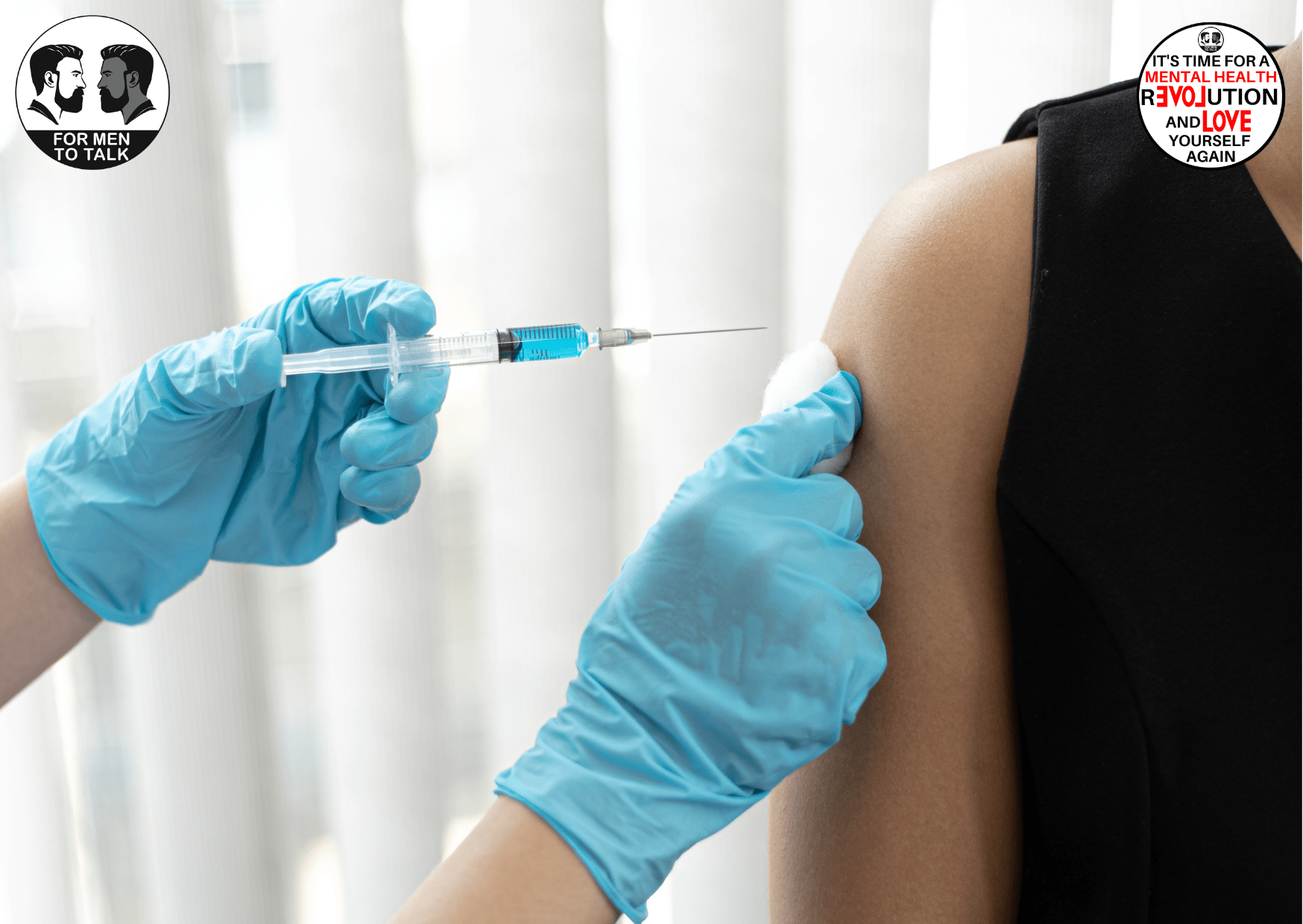Anyone scared of injections?

Injections are a common part of medical care, from vaccinations to administering medication. For many people, the mere thought of needles can induce anxiety or even outright fear. It’s a phobia that affects individuals of all ages, from children to adults. So, if you’re someone who gets jittery at the sight of a syringe, you’re not alone. Let’s delve into why some people fear injections and explore strategies for overcoming this fear.
The Fear Factor:
Needle phobia, also known as trypanophobia, is more than just a simple dislike for needles. It’s an intense and irrational fear that can lead to physical symptoms like increased heart rate, sweating, dizziness, or even fainting at the sight of needles. This fear often stems from negative experiences with injections in the past, such as painful procedures or witnessing others’ distress during injections.
Understanding the fear is the first step toward overcoming it. Recognising that fear of injections is common and that it’s okay to feel anxious can help individuals cope with their emotions more effectively.
Strategies for Coping:
- Educate Yourself: Knowledge is power. Understanding the purpose of the injection, the procedure involved, and the potential benefits can alleviate some of the fear. Ask your healthcare provider to explain the process thoroughly and address any concerns or questions you may have.
- Relaxation Techniques: Practice deep breathing, meditation, or visualisation exercises to calm your mind and body before the injection. Focusing on slow, deep breaths can help reduce anxiety and tension.
- Distraction Techniques: Engage your mind in activities like listening to music, counting backward from 100, or playing a game on your phone during the injection. Redirecting your focus can help take your mind off the procedure and reduce feelings of fear.
- Gradual Exposure: Gradually expose yourself to needles in a controlled environment. Start with small steps, such as looking at pictures of needles, then gradually progress to watching videos of injections before attempting to undergo the procedure yourself. This gradual exposure can desensitise you to the fear over time.
- Seek Support: Don’t hesitate to seek support from friends, family, or healthcare professionals. Talking about your fear with supportive individuals can provide reassurance and encouragement. Additionally, consider joining support groups or online forums where you can connect with others who share similar experiences.
- Consider Therapy: If your fear of injections significantly impacts your daily life or healthcare decisions, consider seeking therapy from a qualified mental health professional. Cognitive-behavioural therapy (CBT) and exposure therapy are effective treatment options for overcoming specific phobias like needle phobia.
- Use Topical Anesthetics: Talk to your healthcare provider about using topical anesthetics or numbing creams to minimise discomfort during the injection. These products can numb the skin surface, making the procedure less painful and potentially reducing anxiety.
Remember, overcoming needle phobia is a gradual process that requires patience and persistence. Be kind to yourself and celebrate small victories along the way. With the right strategies and support, you can conquer your fear of injections and take control of your health with confidence.